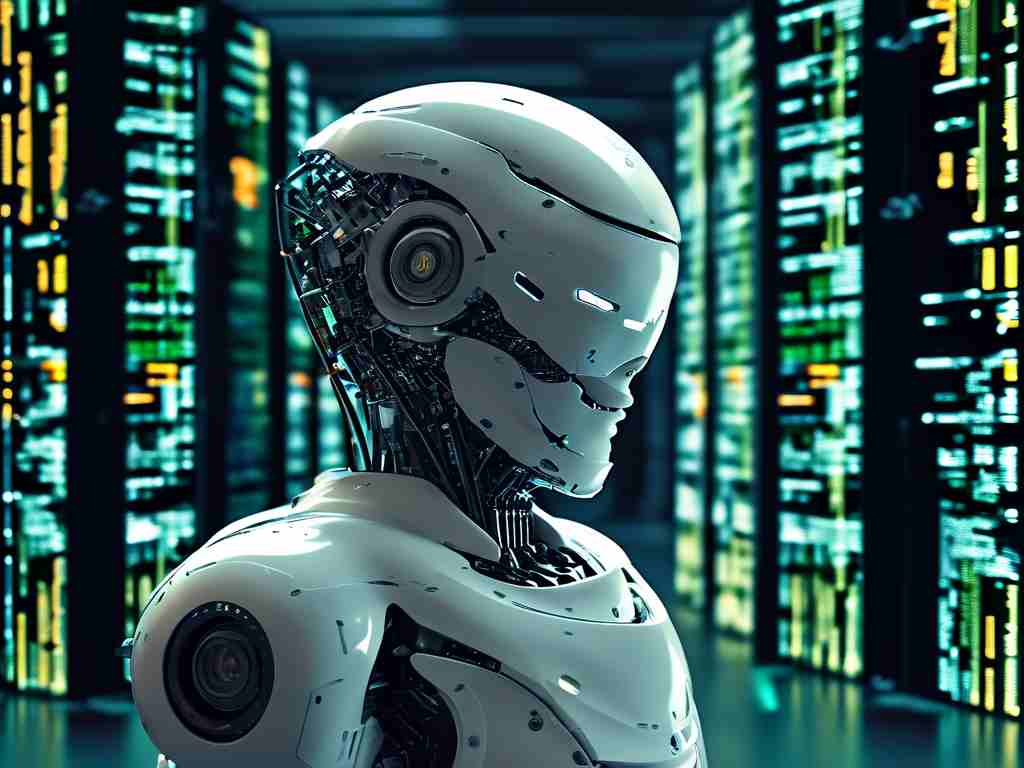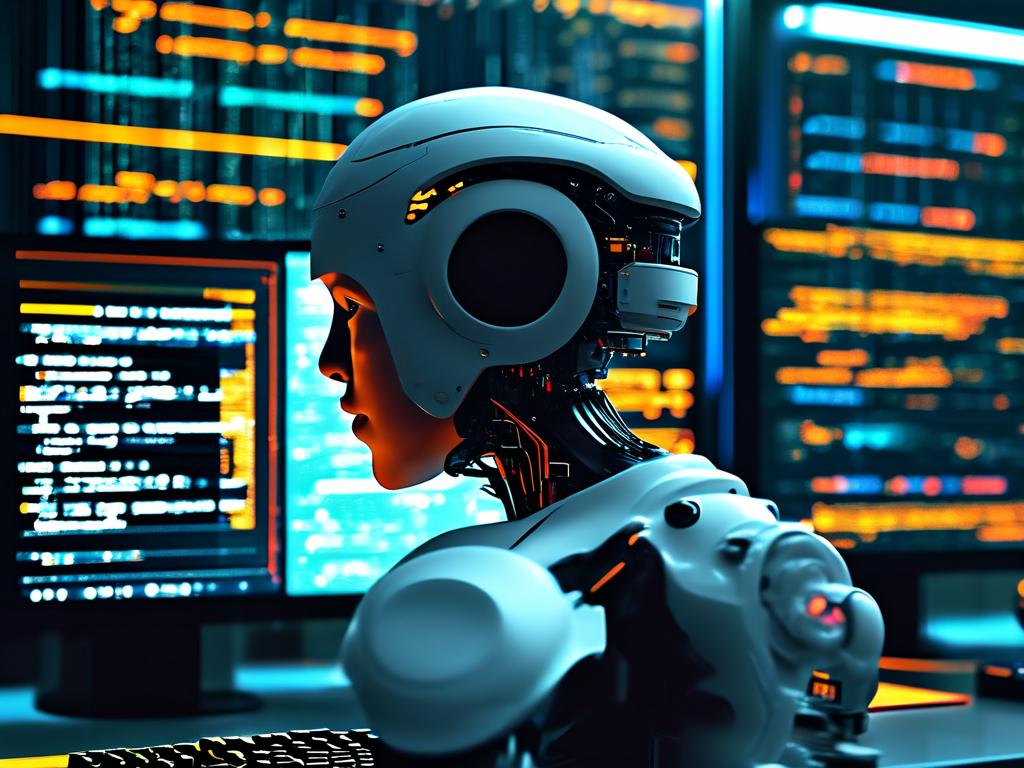The integration of artificial intelligence into code compilation represents a transformative leap in software development. Unlike traditional compilers that follow rigid rule-based transformations, AI-driven systems leverage machine learning models to optimize code generation, error detection, and performance tuning. This article explores the foundational mechanisms behind AI-powered compilation and its practical implications for developers.

How AI Enhances Code Compilation
Traditional compilers parse source code through predefined lexical and syntactic rules, converting high-level languages into machine-readable instructions. While effective, this approach lacks adaptability to evolving coding patterns or hardware architectures. AI-driven compilers, however, employ neural networks trained on vast code repositories to identify optimization opportunities that human engineers might overlook.
For example, an AI compiler could analyze thousands of similar functions across open-source projects to suggest context-aware optimizations. Consider the following code snippet:
# Conventional loop
result = []
for i in range(1000):
result.append(i * 2)
# AI-optimized suggestion
result = [i * 2 for i in range(1000)]
Here, the AI system recognizes that list comprehensions in Python execute faster than explicit loops and automatically refactors the code. This demonstrates how machine learning models learn from collective coding practices to improve efficiency.
Key Technical Components
-
Intermediate Representation (IR) Analysis:
AI compilers convert source code into an intermediate representation—a platform-agnostic structure that preserves logical flow. Graph neural networks (GNNs) then analyze these IRs to detect optimization pathways, such as redundant computations or parallelizable tasks. -
Reinforcement Learning for Decision-Making:
Optimization strategies are selected through reinforcement learning (RL) frameworks. The compiler acts as an agent that receives "rewards" for achieving faster execution times or lower memory usage, iteratively refining its strategies through simulated compilation cycles. -
Hardware-Aware Compilation:
Modern AI compilers like Google’s MLIR or Facebook’s Glow incorporate hardware-specific parameters during code generation. By training on performance metrics from diverse devices, these systems adapt output binaries to leverage GPU cores, TPU architectures, or edge computing constraints.
Challenges in AI-Driven Compilation
Despite its potential, AI-powered compilation faces significant hurdles. Training models requires massive datasets of high-quality code, which introduces biases if the training corpus lacks diversity. Additionally, the "black box" nature of neural networks complicates debugging—developers may struggle to understand why an AI compiler rearranged certain instructions.
Security is another concern. Malicious code could potentially exploit AI compilers by feeding deceptive patterns during training, leading to compromised optimizations. Researchers are addressing this through adversarial training techniques, where models learn to recognize and reject anomalous code structures.
Real-World Applications
Major tech companies are already deploying AI compilation tools. NVIDIA’s cuDNN uses deep learning to optimize CUDA kernels for specific neural network operations, accelerating training times by up to 30%. Similarly, Microsoft’s DeepSpeed library automates memory optimization for large language models, enabling billion-parameter networks to run on consumer-grade hardware.
Open-source projects like Apache TVM demonstrate how AI compilers democratize high-performance computing. TVM’s auto-scheduler uses machine learning to generate optimized tensor operations for niche hardware setups, benefiting researchers without expertise in low-level optimization.
The Future of Intelligent Compilation
As quantum computing and heterogeneous architectures gain traction, AI-driven compilation will become indispensable. Future systems might predict hardware trends years in advance, pre-optimizing code for upcoming processors. Hybrid approaches combining symbolic AI (for rule-based checks) and neural networks (for adaptive learning) could yield compilers that balance reliability with innovation.
In , AI code compilation transcends mere automation—it represents a paradigm shift where tools actively collaborate with developers. By understanding its principles, programmers can harness these technologies to build faster, safer, and more intelligent software systems.









